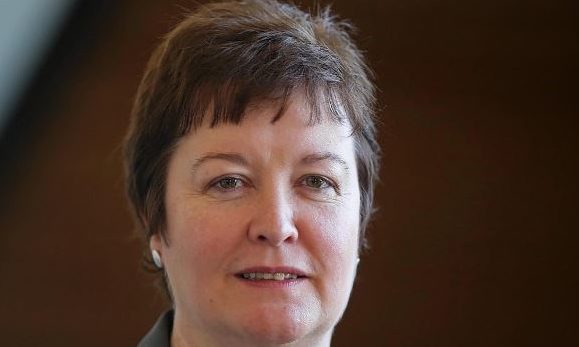Child victims of sex abuse in the Highlands, Orkney and Shetland face unacceptable delays before they can be examined, a damning review of Scotland’s forensic services has said.
Traumatised children have to be flown from the northern isles to Aberdeen while those in the Highlands face road journeys of up to two hours for assessment in Inverness.
The review by Her Majesty’s Inspectorate of Constabulary in Scotland (HMICS) said it was “entirely inappropriate” that children should travel significant distances with some being asked not to wash after reporting an incident.
The criticisms were contained in HMICS’s `Progress Review of Provision of Forensic Medical Services to Victims of Sexual Crime’ published yesterday.
Politicians last night expressed alarm that victims of sexual violence were being failed by the system and called for services to be made more accessible.
>> Keep up to date with the latest news with The P&J newsletter
The report noted that “due to the geographical spread of the north of the country, children are still having to travel considerable distances and incur significant time delays, neither of which is acceptable.”
The report said: “Paediatric cases from Orkney and Shetland are required to travel to Aberdeen, which involves a flight. Similarly, Highlands cases are seen in Inverness, again in some cases involving significant travel delays, in excess of two hours being not uncommon.”
It added: “It is entirely inappropriate to have children travelling significant distances, incurring considerable time delays and, in some cases, being asked not to wash.”
Rhoda Grant, Labour MSP for Highlands and Islands, said: “This is a most unsatisfactory situation and these are big journeys. For matters that are as sensitive as this, it would be better to bring the forensic experts to the child. Although there are geographical challenges, there must be the same services in rural areas as there are anywhere else – particularly when they are as sensitive as this. “
Tory equalities spokeswoman Annie Wells said: “It’s just not good enough that traumatised children are still having to travel for miles, without washing, to get to forensic medical services.”
Across Scotland, the report found that many rape victims were still being examined by male doctors, despite women finding the experience distressing.
More progress had to be made when it came to moving forensic examinations to a healthcare setting.
The report identified “persistent issues” with recruitment and retention of forensic physicians.
Between April last year and March this year the number of sexual crimes recorded by Police Scotland had increased by 12.2%. A NHS Shetland spokeswoman said: “The impact of sexual abuse can have a devastating impact on a person’s life and so we want to ensure that we can offer the right emotional, psychological and physical support in Shetland. That is why we are working closely with NHS Grampian to ensure that we can provide forensic medical input as needed and reduce the need for people to travel to specialist centres on the mainland and building the good links we already have with Shetland Rape Crisis.”
NHS Highland said there was an “on-going programme of improvement” in forensic services.
The Chief Medical Officer Dr Catherine Calderwood, who chairs a taskforce to improve services for sex crime victims, acknowledged there was “still more to do”. But added that £8.5 million had been committed to her taskforce.
Assistant Chief Constable Gillian MacDonald, Police Scotland lead for Crime and Protection, said the force was committed to improving services.
